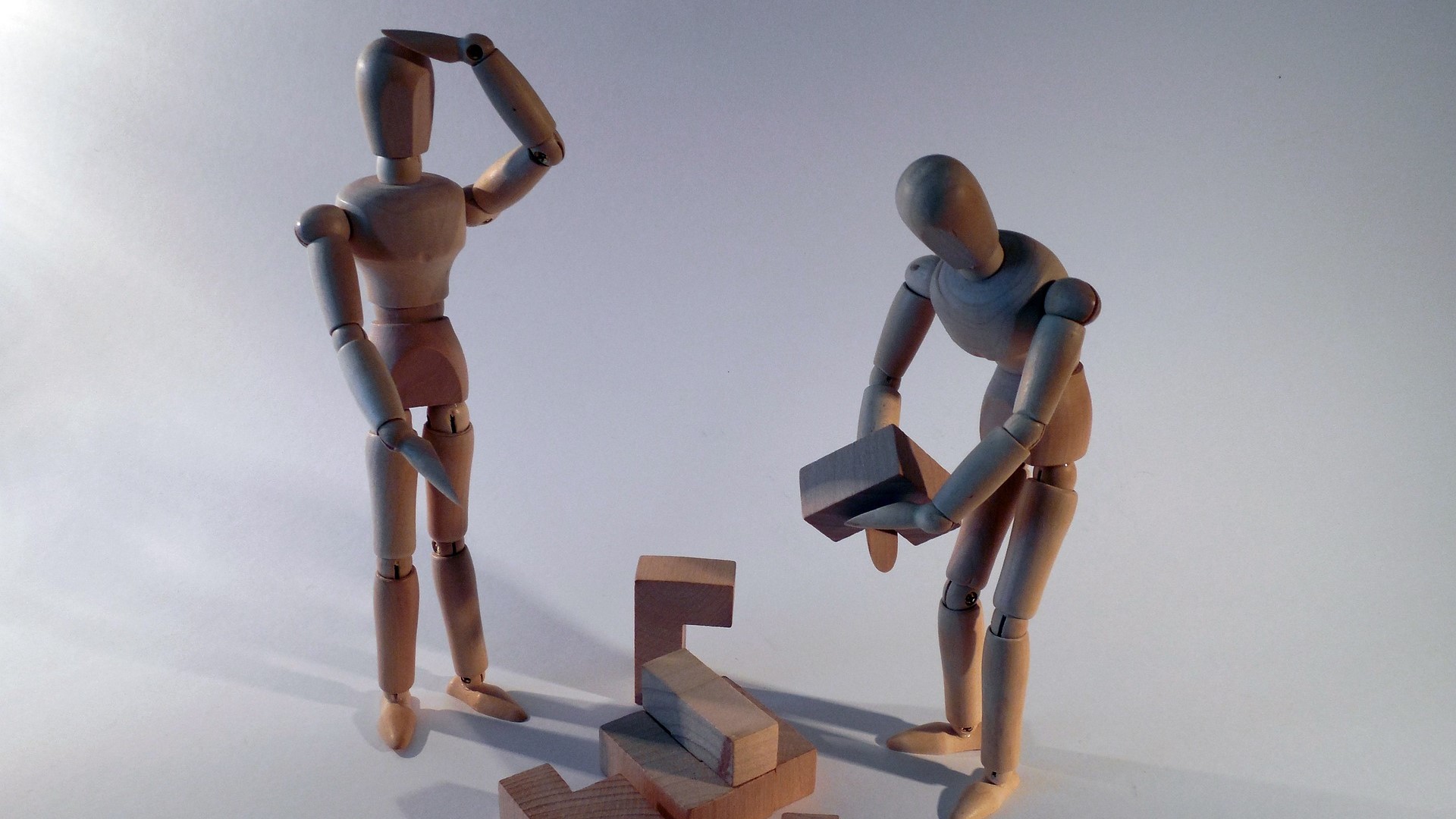Mastering Problem-Solving for Success
Problem-solving is the skill of finding solutions to challenges or obstacles. Whether it’s an academic issue or a personal dilemma, effective problem-solving enables you to tackle difficulties and make informed decisions. Learning to solve problems is essential, not only because it improves your performance in school but because it’s a skill that will support you throughout your life.
When facing a challenge, problem-solving is what helps you assess the situation, find out what’s causing the issue, and then decide how to overcome it. This approach turns confusion or frustration into actionable steps. For instance, imagine you’re working on a challenging math problem. At first, it might feel overwhelming, but by breaking it down into smaller parts, each step becomes easier to handle. Instead of looking at the problem as one huge obstacle, you can start by identifying the parts you understand and gradually work through the rest. This approach not only makes the problem less intimidating but also teaches you to handle complex issues by taking one step at a time.
Another way problem-solving plays a big role is in time management. Think about balancing schoolwork with extracurricular activities. You might want to participate in sports, clubs, or arts programs while keeping your grades up. This balance can feel tricky, but by organizing your schedule and prioritizing tasks, you’ll find a rhythm that works for you. Problem-solving in this scenario means identifying what you need to accomplish, deciding what’s most important, and then creating a realistic plan to achieve those goals. This process gives you practice in managing responsibilities, a skill that will be helpful in both school and life.
Being a good problem-solver also means developing critical thinking. When faced with an issue, it’s natural to feel frustrated or discouraged, but staying calm and thinking through your options will help you find solutions faster. Taking time to assess the situation allows you to consider different solutions and think about which one might work best. This doesn’t mean you’ll always know the right answer immediately; instead, it means you’re learning to approach challenges with patience and persistence. The more you practice problem-solving, the easier it becomes to stay positive and focused when you encounter obstacles.
Problem-solving also encourages creativity. Sometimes, finding a solution requires looking at things in a new way. For example, if a project partner is unable to meet and complete their part of an assignment, you might need to think of creative ways to get the work done, like dividing tasks differently or finding another way to communicate. This flexibility helps you adapt when things don’t go as planned, an important skill for tackling unexpected situations in life. Creativity in problem-solving shows that solutions are often closer than they appear, but they might require a fresh perspective.
Another benefit of strong problem-solving skills is the confidence it builds. When you learn to face challenges head-on and work through them, you start to believe in your ability to handle whatever comes your way. This confidence can be empowering. Instead of shying away from difficulties, you’ll start to see them as opportunities to learn and grow. Each problem you solve strengthens your confidence, helping you take on bigger challenges with a positive mindset.
Building problem-solving skills takes practice, patience, and sometimes asking for help. It’s perfectly fine to seek advice or get support from teachers, friends, or family when you’re stuck. Learning from others can give you insight into new ways of thinking and help you see different approaches to finding solutions. Problem-solving isn’t something you have to do alone; sometimes, working with others brings ideas and strategies you wouldn’t have thought of on your own.
In the end, mastering problem-solving is about taking small steps to handle bigger situations. You’ll find that each problem you solve helps you become more resourceful and independent. Whether it’s a math problem, a scheduling conflict, or a personal goal, problem-solving is a skill you can rely on for life. With each challenge you overcome, you’re building a stronger foundation for success. Embrace the challenges, look for solutions, and remember that every problem you solve today prepares you for the future.

